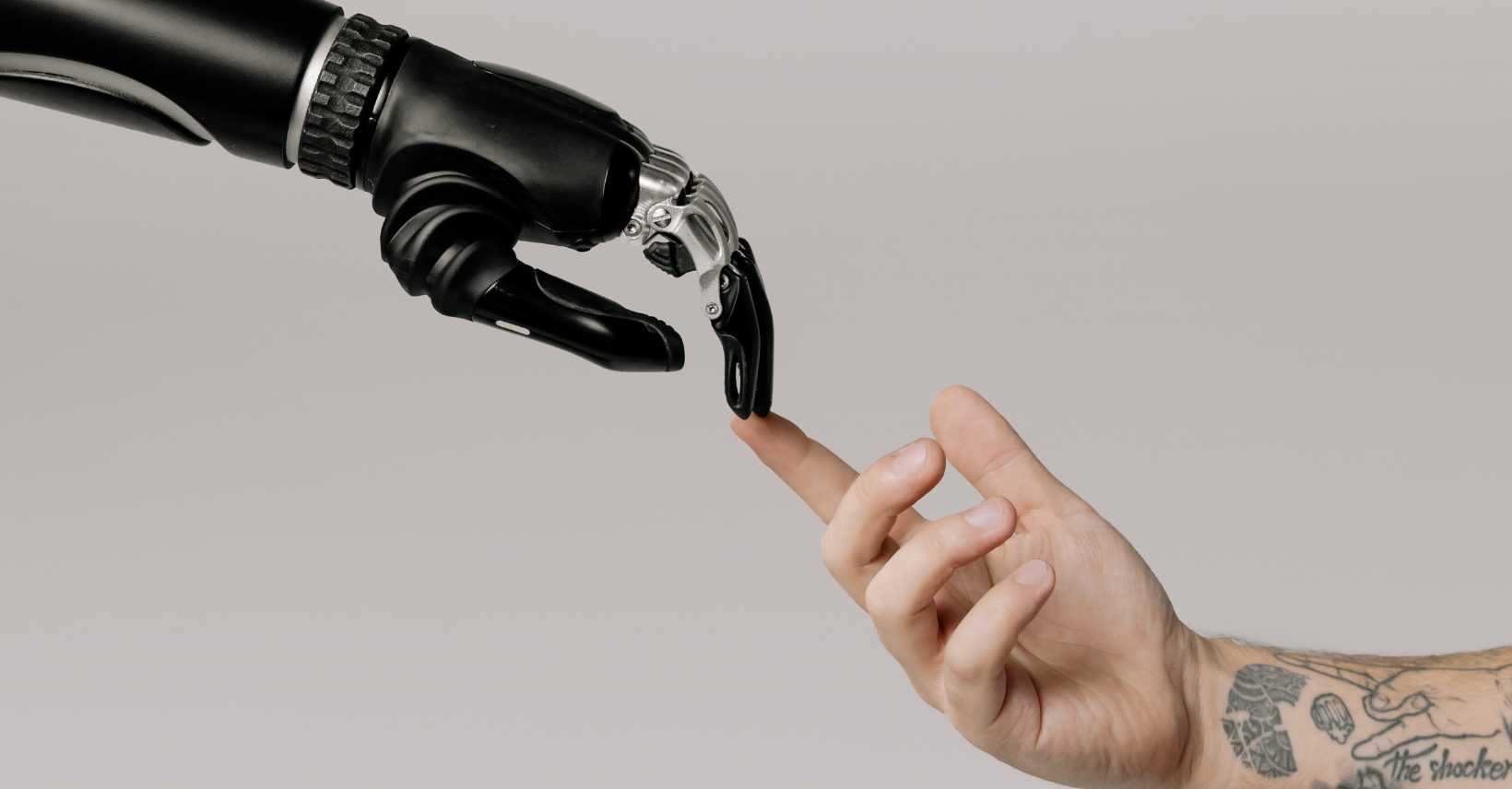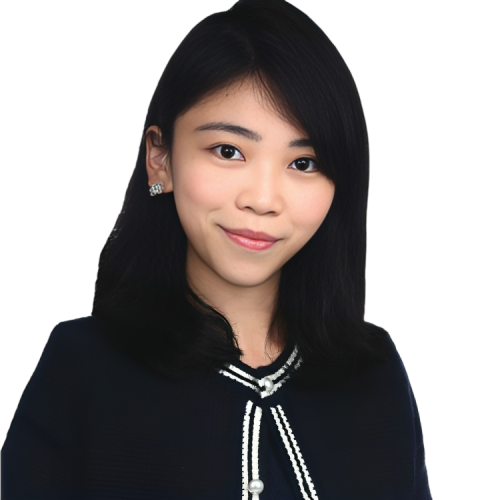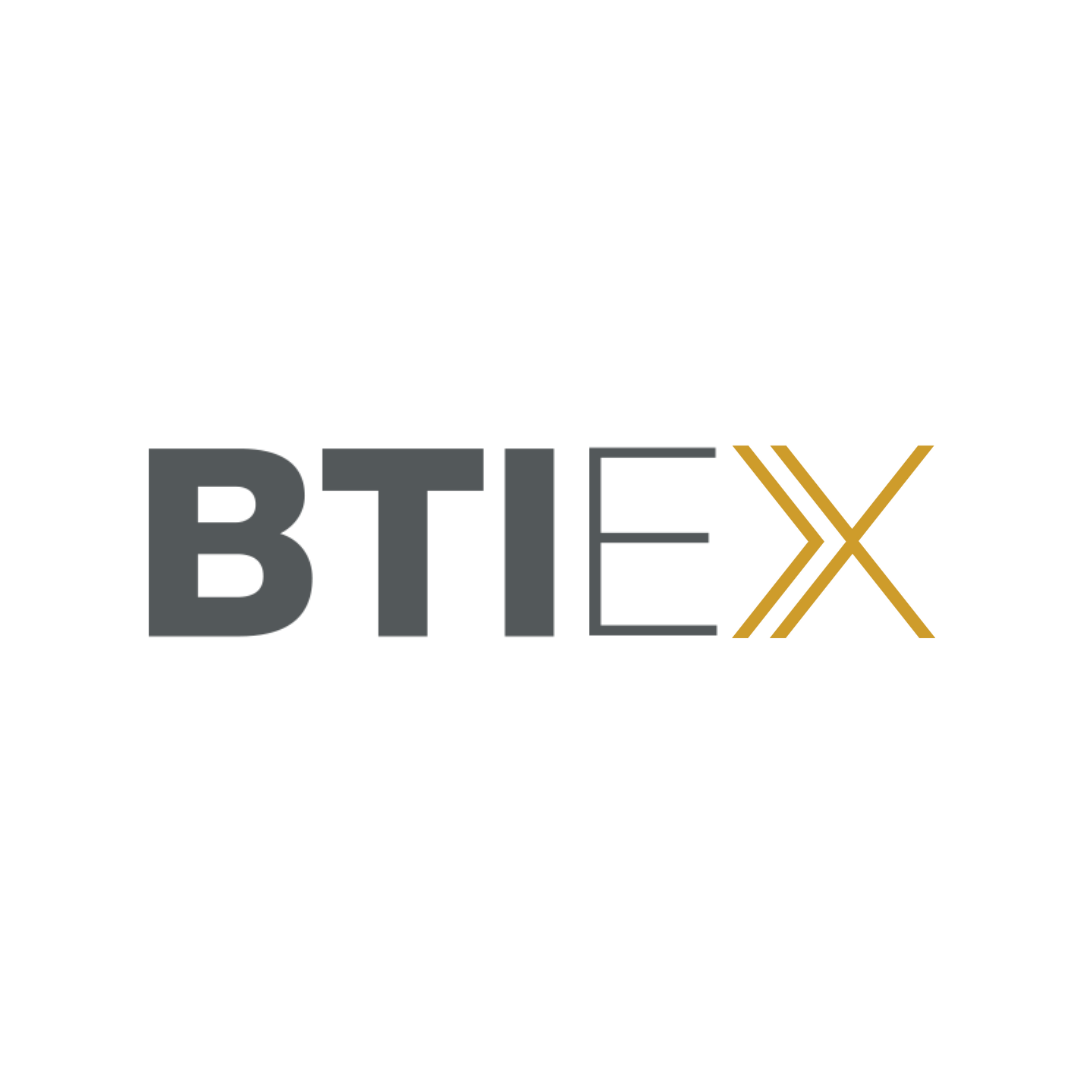The rise of artificial intelligence (AI) has sparked numerous debates about the future of work. From autonomous vehicles to AI-driven customer service, the rapid advancements in this technology have led some to question the necessity of human involvement in various job sectors. However, while AI presents remarkable opportunities for efficiency and innovation, it is crucial to recognise that humans are still indispensable. This article explores the future of work in an AI-driven world, focusing on the significance of human work and the accuracy of AI.
AI and Human Work: A Symbiotic Relationship
AI’s prowess lies in its ability to process vast amounts of data quickly and accurately. This capability has led to significant improvements in various industries, from healthcare to finance. For instance, AI can analyse medical images with astounding precision, often flagging issues that human eyes might miss. Similarly, AI algorithms in finance can detect fraudulent transactions within seconds, protecting both companies and consumers.
However, the question remains: Is AI better than humans? The answer is nuanced. While AI excels in data processing and repetitive tasks, it lacks the emotional intelligence, creativity, and ethical judgment that humans bring to the table. Therefore, the future of work will likely involve a symbiotic relationship between AI and human workers, where each complements the other’s strengths.
The Significance of Human Work
Emotional Intelligence and Empathy
One of the most significant aspects of human work is the ability to empathise and understand complex emotional cues. Jobs that require interpersonal skills, such as healthcare, education, and social work, rely heavily on emotional intelligence. Despite its advanced algorithms, AI cannot replicate the human capacity for empathy and compassion.
For example, consider the role of a nurse. While AI can assist in diagnosing patients and suggesting treatments, a machine cannot replicate the comfort and reassurance a nurse provides. The human touch in healthcare is irreplaceable and highlights the enduring significance of human work.
Creativity and Innovation
Humans are inherently creative beings. Our ability to think outside the box and devise innovative solutions is unparalleled. AI, in contrast, operates within the confines of its programming and data input. It lacks the spontaneity and inventiveness that humans possess.
In creative industries such as advertising, design, and entertainment, human creativity drives innovation. AI can assist by analysing trends and providing data-driven insights, but the final creative vision and execution rest with humans. This collaboration between AI and human creativity can lead to groundbreaking advancements and new possibilities.
Ethical Judgment and Decision-Making
AI operates based on algorithms and data, which means it lacks the ethical judgment inherent to humans. Human involvement is essential in scenarios where moral decisions and ethical considerations are paramount. For instance, in legal and judicial systems, AI can assist in analysing case law and predicting outcomes. Still, a human with an understanding of ethical nuances must make the final judgment.
Similarly, in corporate governance and leadership, human judgment is crucial in making decisions that align with a company’s values and societal expectations. AI can provide valuable input, but the responsibility for ethical decision-making ultimately rests with humans.
Accuracy of AI
While AI boasts impressive accuracy in data processing and analysis, it is not infallible. AI systems are only as good as the data they are trained on. Biases in data can lead to biased AI algorithms, resulting in inaccurate or unfair outcomes. Ensuring the accuracy and fairness of AI requires continuous monitoring and human oversight.
Additionally, AI lacks the ability to contextualise information fully. It can identify patterns and correlations but may struggle to understand the broader context. Human expertise is essential in interpreting AI-generated insights and applying them effectively.
The Future of Work in an AI-Driven World
The future of work will characterise harmonious collaboration between AI and human workers. AI will take on repetitive and data-intensive tasks, freeing humans to focus on roles that require emotional intelligence, creativity, and ethical judgment.
Upskilling and Reskilling
Workers must upskill and reskill to thrive in an AI-driven world. This means acquiring new skills that complement AI technologies. Training programmes and continuous learning initiatives will prepare the workforce for the future.
Redefining Job Roles
Job roles will evolve to accommodate the integration of AI. New roles will emerge, focusing on AI oversight, ethical AI implementation, and human-AI collaboration. Organisations must proactively redefine job roles and create opportunities for employees to grow and adapt.
Ethical AI Implementation
Responsible AI implementation is paramount. Organisations must prioritise transparency, fairness, and accountability in their AI systems. This includes regular audits, bias mitigation strategies, and robust governance frameworks. Ethical AI implementation ensures that AI technologies are used for the greater good and do not perpetuate existing inequalities.
Conclusion
In conclusion, while AI presents remarkable opportunities for efficiency and innovation, it is not a replacement for human work. The future of work will involve a symbiotic relationship between AI and human workers, where each complements the other’s strengths. Emotional intelligence, creativity, and ethical judgment are irreplaceable human qualities that AI cannot replicate.
Stay ahead of the curve and embrace the future of work with confidence. Together, we can build a future where AI and humans work hand in hand to achieve unprecedented success.
Jonathan Guilfoile, the Managing Director & Regional Head of BTI Executive Search.
For leaders looking to navigate this evolving landscape, consider partnering with BTI Executive Search. For additional inquiries, feel free to connect with me or contact me directly at Jonathan_Guilfoile@btiexecutivesearch.com.
Check out our other insights here!
Related Article





